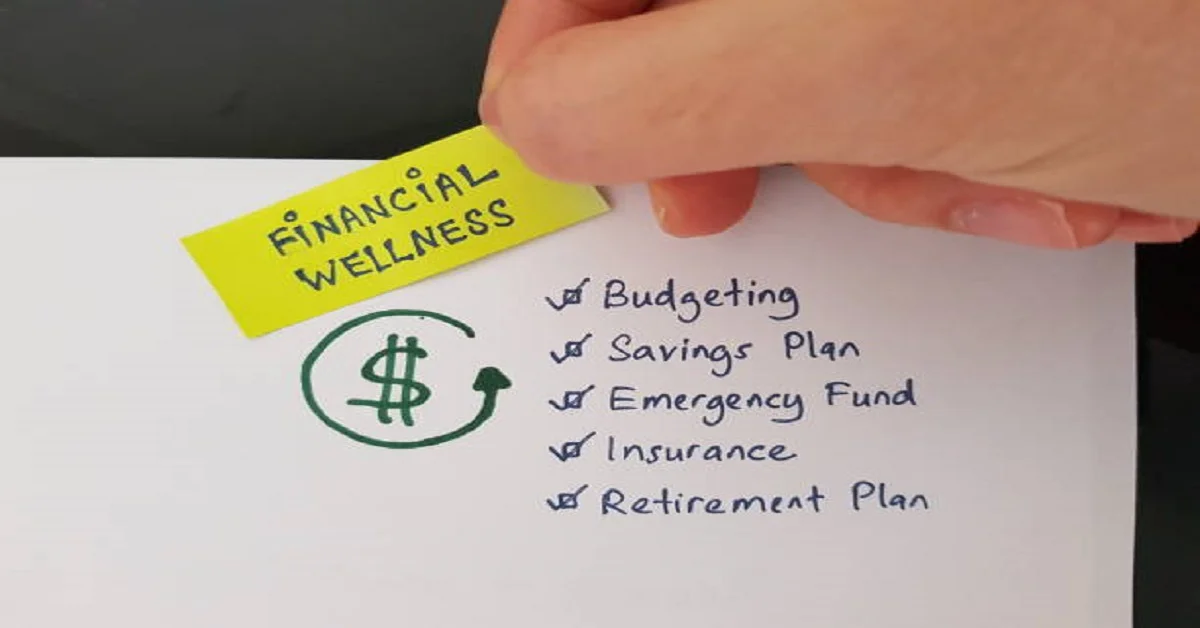Table of Contents
Why Do Parents Have a Communication Problem
Interpersonal communication is core within human relationships, especially with children, but often parents find it difficult to say a word to their kids. Another question that all families, and particularly those that are now struggling, ask is: “Why do parents have a communication problem?” and all the causes are not quite clear. Parents and children always have conflicting interests as far as their needs, expectations, and functions of communication are concerned. While discussing some of the possible root causes of the breakdown of interaction between parents and children as part of this article, it will also attempt to demonstrate how that bridge can actually be provided.

Parent-child communication: its complexity
Parent-child communication can therefore be described as the ability of the parent to exchange information with a child and vice versa. However, the transformations that take place when children are growing up are positive; they get freedom and start to develop their opinions, no matter if they are different from their parents’. On the same note, it is not easy for parents to keep on using the same style of communication about the changes that occur occasionally about the kid.
Emotional Barriers
In the cases of parents’ communication, one of the famous pillars that act as hurdles is the emotional barriers. In most instances, published parents pass on their own experience, their fear and anxiety in dealing with their children. For example, if one is angry or eager to have the child safe, then one will be overbearing, and the child will subdue or refuse to listen. Similarly, if parents harbor such intuitions about themselves, they cannot be frank because they feel guilty for being a parent to the given child.
The gaps between these generations and the concept of envisagement
The third big cause, then, is the generation gap. Today children fall in a different category from that of their parents when they were young. Most parents find it hard to communicate with their children due to a shift in learning expectation, a change in society, and the use of science and technology. It can be typical that parents do not have the idea of their children’s complications; hence, they will seem so aloof and indifferent. This is a reason why parents have a communication problem—we might encounter each other under quite different impressions and perceptions based on our prior experience of life.
Lack of Active Listening
Equally significant on the communication channel is the passive received. However, what many parents do in most cases is neglect the children and never listen to them as is expected of them. But instead, they may interrupt them or confuse and preemptively assume what their child is trying to say. In this case, children, when they have the feeling that their opinions are not considered or ignored, then the communication barrier goes to an extreme level, and in the next communication, they do not respond. To develop trust that is very crucial in the parent-child relationship, one has to listen effectively.
How Parenting Styles Help Contribute to Communication Breakdown
Parents, in their different situations, try in one way or the other to punish their children, and this is best captured by four common methods of upbringing a child known as parenting styles. For example, current authoritarian parents and similar types may shift to more of the permissive type of parenting. As such, each of these styles has its own dialog or typical method of communication.
Authoritarian Parenting:
As per this type of parent, they are more authoritarian and less permissive, meaning very little is negotiable. This will assist in preventing the occurrence of a situation where children start to feel that their voices are not listened to, hence resentment and ineffective communication.
Permissive Parenting:
The theory also postulates that early adolescents of permissive parents might receive very little direction, and their parents are usually less strict about discipline. In the article, the author has found that children with ADHD are able to have issues to solve, and, therefore, such issues as rules and responsibilities can be confusing, and this is why discussions concerning topics such as boundaries are problematic.
Authoritative Parenting:
This relatively equal combination of warmth with structure is usually most appropriate for enhancing communications. Authoritative parents are interactive with their children and can just inform their children about the rights and wrongs but with proper discussion.
However, it is okay to be an understanding parent. As with any parent, understanding your own and your child’s temperaments and being able to identify where you need to change will further improve your ability to communicate with your child or children. Great importance should be placed on a form of elastic behavior that most of them assume different needs as they grow.
It takes a bit of social media communication.
Well then, what can parents do to improve communication with them? Here are some key strategies:
Protection of Free and Safe Space for Debate
Children must be allowed to say what they want, think, and feel because they should not be penalized for speaking. Lack of conflict helps to establish trust, and hence the parent or the child does not have to search for facts in communication. Hypothesis 2: Reminding that emotional support offered by parents resembles active constructive listening and some signs of understanding temper tantrums of a child.
Set Aside Quality Time
‘Of course, it is much easier for parents and their children to get lost in a world full of a lot of other things to do at present.’ But it is more about spending some time on personal talk as they improve the communication aspect. This is because they can spend more. Whether it is when the dinner is served, on a car trip, or in the course of a fixed time schedule, routines and quality spent time may result in a greater amount of verbal interaction.
Practice Active Listening
As mentioned before, one of the communicational skills that concern comprehension is attentiveness. Parents should ensure children realize they can be allowed to express themselves without the parent always interrupting them, and parents should learn to hear the children when the two are disagreeing. This makes children feel they are important and honored; hence, politeness shifts when debating.
Be Open and Honest
It also means that the parents should be communicating their feelings, fears, and experiences to the kids as well. Therefore it seems that sharing with children some of the stories about parents might make children adore them as the opposite sex and their faces—lose some mystery. Whenever parents provide vulnerability feedback, they hand the children a cue to respond to them in like manner.
To fulfill the parent-child communication technology needs
Consequently, by analyzing the technologies in the heels world, such as the mobile phone, social networks, and other forms of communication technology, it has been seen that technology has played a significant role in the communication of families today. On one hand, it can be said that these advancements are useful in helping people knit relationships, but on the other hand they construct similar hurdles. For instance, children may prefer writing on a text or on social media to a person they know, instead of talking to him/her directly. Some parents do not adapt or cannot follow the ICT changes; therefore, they are left out with their children.
For that purpose, parents need to start learning the technologies that are employed by children and give the problems an airing. This will help the parents in order to stay interested and provide the needed support for their kids.

Conclusions about Why Do Parents Have a Communication Problem
So, Why Do Parents Have a Communication Problem? For this it can be the emotions taboos, generational gap, method of upbringing, and the advent of new technologies. That is why, by awareness of such factors, parents can try to do certain actions to improve the channels of communication with the kids and turn the relationship closer.
In the context of the present paper, communication as a process can be described in terms of three dimensions: slow process, people-oriented, and highly procedural. Through listening, good communication to make children feel free to express themselves, or even telling them the truth, we are able to eradicate all barriers in communication and cope with children. That was all about Why do parents have a communication problem
FAQs about Why Do Parents Have a Communication Problem
How can I handle a teenager and get my point across?
It is also for this reason that understanding teenagers improves as everyone in that age group needs to be accepted. First of all, one who is with them must approve their independence, listen to their words without interrupting, and evaluate their words.
Why can there be only conflict between the parent and his/her own child?
In what way can parents and children disagree when parents fail to comprehend children when children do not wish to heed the elders and become rebellious like teenagers or teenage-like? Since they grow up, the children turn into rebels because they need to be independent, especially when they grow and turn into teenagers, thus contrary to what the parents want.










This was the nicest content that I ever read in any blog. Thanks for writing.